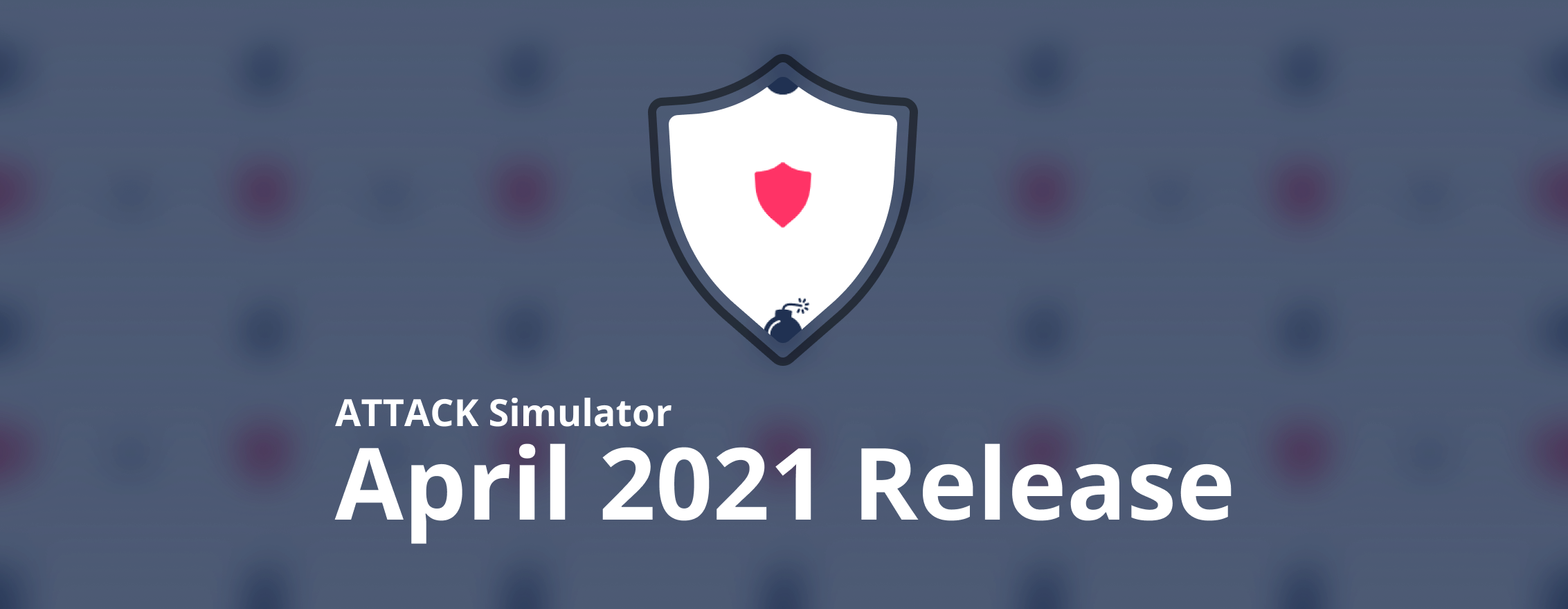Providing good security awareness training needs to become a top priority when it comes to your business, especially when your employees work remotely because it might very well save your business.
Nowadays, the marvels of technology enable people to work from anywhere in the world. Especially in the COVID-19 pandemic context, the number of employees who work at home has increased exponentially.
For them, this meant a healthier work/personal life balance (because who wouldn’t love to work wearing their comfy pajamas, with unlimited access to the fridge?), while the employers saved the costs of paying for physical space.
Although it may sound like a win-win situation, there are a few downsides regarding cybersecurity to this otherwise blissful set of circumstances. Due to this fact, security awareness training has become more important than ever.
Keep reading to discover what challenges can hinder your staff’s online work security and what is there to do about them.
Security challenges for employees who work at home
There are a series of issues that may come up when working from home:
- Security becomes everyone’s responsability in the case of remote work, which is not ideal, considering your employees are most likely proccupied with other aspects of their job rather than security, especially in the absence of security awareness training, security policies and the necessary tools.
- Employees are vulnerable to online scams – dangers of all sorts lurk online and, without the proper security awareness training, your staff can fall victim to any imaginable type of scam, from phishing attacks to fake alerts and ransomware scams. The attackers play-pretend so well that even the biggest names fall for their scams. And this will cost you and your company more than regrets.
- Employees may use unsecured public Wi-Fi when logging onto their work devices, making their sensitive data and, therefore, your company’s sensitive data, much easier to hack into and steal.
- Employees don’t prioritize security as much as they did in a physical office, being more relaxed altogether.
- Security policies might prove more difficult to apply to remote work.
Tips on maintaining security when employees work from home
But, on the bright sight of things, as impossible as implementing good security awareness training might seem on a pessimistic day, let’s strikethrough the “im-” as we’ll walk you through 10 good remote work security practices to keep you, your business, and your employees safe:
1. Update your network’s defenses frequently
Any device that remote staff uses to access company or customer data must be equipped with layers of heavy-duty security armour, such as antivirus software, firewalls, spam filtering instruments. And they must stay updated in order to provide you the desired protection.
2. Secure all internet connections
You shouldn’t allow the use of unsecured public Wi-Fi. And if you do, make sure to let your employees know they are expected to use the company’s VPN to secure their connection.
3. Set in place and maintain a data security protocol
Internal data breaches happen all too often and even to the best of us, but they’re likely to occur when an employee mishandles sensitive data by mistake rather than intentionally doing so. To avoid this issue, your best bet is to clearly outline the security policies you want your employees to abide by, but also the consequences of breaking them.
4. Provide your staff the necessary tools and technology
Be sure to give your employees all the tools they need in order to remain compliant with the security policies. These tools include a VPN, antivirus software, maybe a password manager. This will help them focus on their actual job and not worry about compliance. Less worries, more productiveness.
5. Restrict the use of personal devices
While bring-your-own-device policy that some companies may have is great for many reasons, it does involve some security issues for remote staff. They might not be password-protected or use an outdated or even sketchy antivirus. So it’s best to require your remote working employees to use employer-provided devices for work.
6. Implement the Zero Trust approach
The strategy was developed by Microsoft and it revolves around the simple phylosophy to never trust and always verify identities, devices, and services.
7. Ask your employees to use strong passwords
Some of the most common passwords are “123456”, ‘”qwerty”, or even “password”. This is the best time to advise your staff to get creative and wildly combine characters for strong passwords. The crazier, the better. Also, it’s important to avoid re-using passwords.
8. Use at least two-factor authentication
Two factor ads another level of security to your company’s accounts. It’s crucial to keep your data safe and avoid unauthorised access to your data.
9. Supervise employees’ remote work behaviours
You can use the monitoring system of your choice. It’s best and ethical to let your employees know their activities are being supervised to ensure they’re complying with the established security policy.
10. Provide your employees with strong IT support and security awareness training
The proper security awareness training sets the foundation of solid remote security measures. You can read more about ATTACK Simulator cybersecurity awareness training in the following paragraphs.
Cybersecurity Awareness Training with Attack Simulator
We know how important your company’s security is. Here’s why Attack Simulator is your best choice:
- We offer security awareness training for companies of all sizes – the importance we place on improving the employee’s vigilange regarding cybersecurity is the same.
- Our training method features an automated function, which requires little to no manual intervention. Time is, after all, money, and we wouldn’t want you to waste any of it.
- We offer quick in-house support straight from our developers themselves. We like our customers happy and satisfied.
- We provide affordable security awareness training.
- Our software interface is user-friendly, so you’ll be able to learn it in no time.
Never underestimate the importance of having solid security for your company. As they say, prevention is better than cure.




